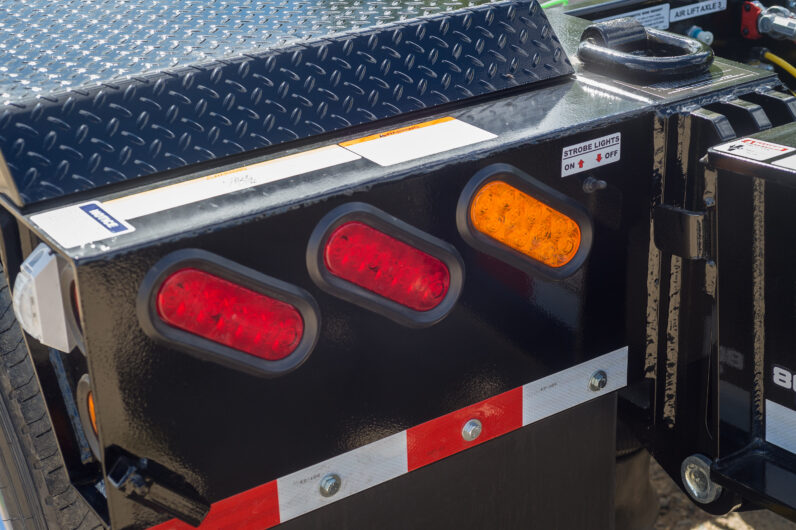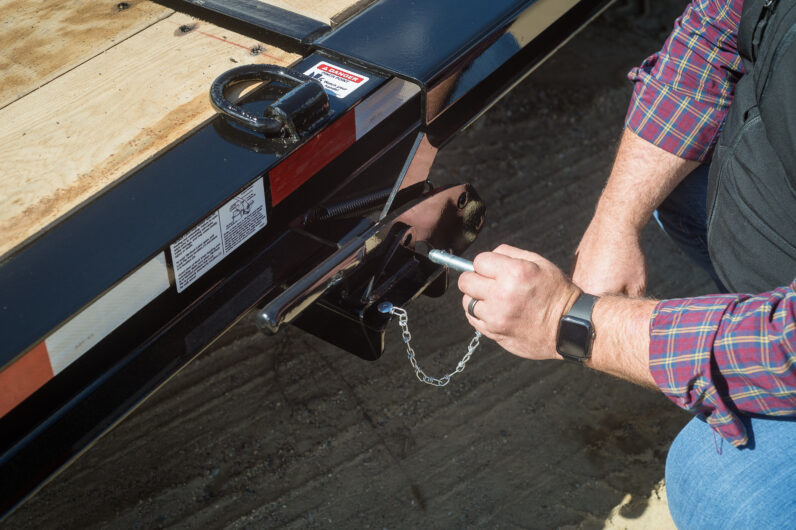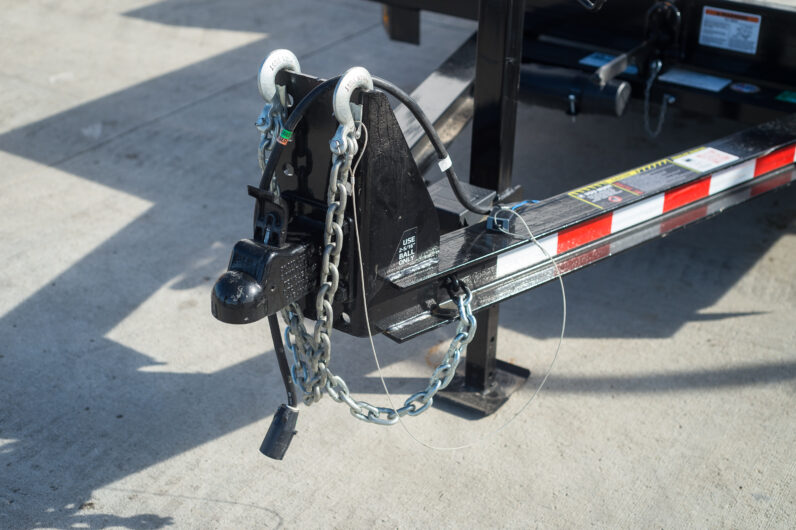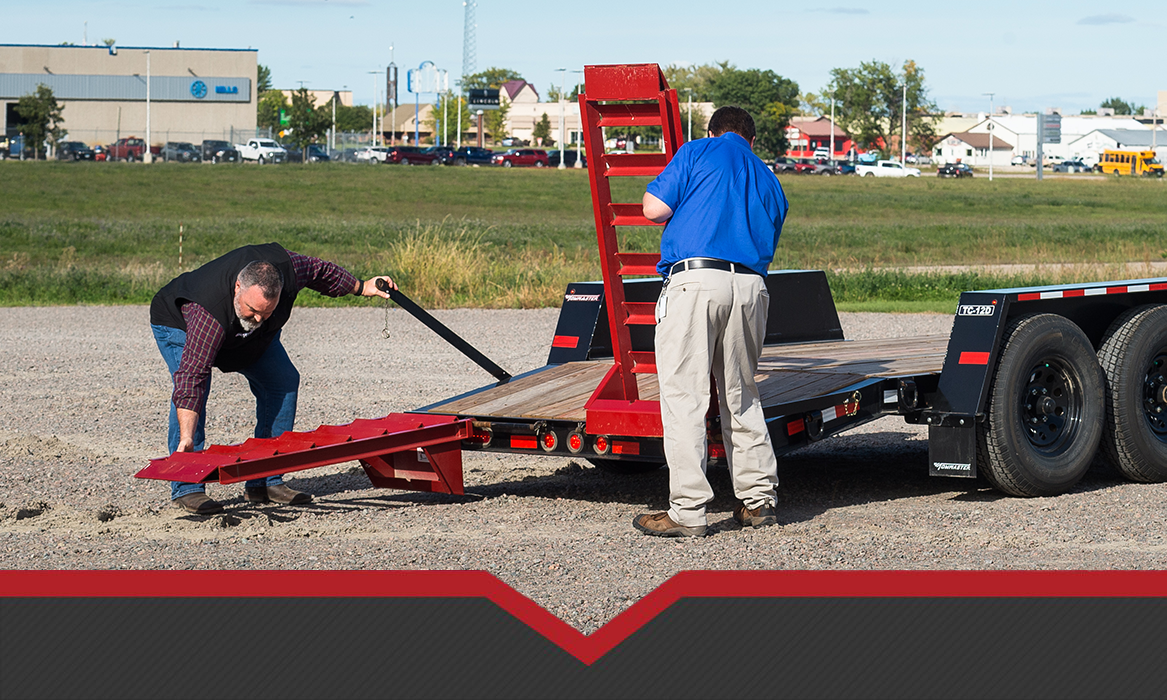Rental companies are responsible for ensuring every customer has a safe and well maintained trailer. One way to guarantee safety, reliability and customer satisfaction is by implementing a thorough inspection process in between rentals. Towmaster’s 9 point inspection helps rental agencies identify and fix any issue, making sure all of their equipment is in optimal working order, and free from any defects or malfunctions. We’re sharing our inspection tips below that will not only safeguard the wellbeing of your customers, but enhance the reputation of your rental business.
1. Hitch and Coupler
The hitch and coupler are critical components that secure the trailer to the towing vehicle. Rental agencies should check to make sure the hitch is properly aligned, securely attached, and free from any cracks or defects. The coupler should engage and lock smoothly to prevent accidental detachment during hauling.
2. Trailer Lights and Wiring
Properly functioning lights and wiring are vital for safety on the road. When a rental returns, verify that all trailer lights, including brake lights, turn signals, and reflectors are in good working order. The wiring connections should be securely fastened and protected from the elements.

3. Tires and Wheels
The condition of the tires and wheels impacts the trailer’s performance and safety. Rental agencies should inspect the tire tread depth, check for any signs of wear or damage, and ensure that the tires are properly inflated. While you’re inspecting, check for any cracks, warping, or misalignment.
4. Brake System
For trailers equipped with brakes, an inspection of the braking system between rentals can quickly flag any issues before they get serious. Rental agencies should examine the brake pads, rotors, and drums for wear and tear. Make sure to also verify that the brake controller is functioning correctly and that the braking performance is smooth.
5. Safety Chains

Safety chains are an important backup measure in case the trailer becomes disconnected from the towing vehicle. Inspect the chains for signs of corrosion, wear or damage. The chains should be of appropriate length, properly attached, and free from any tangles or knots.
6. Suspension and Axle
The suspension and axle play a crucial role in ensuring a smooth and stable ride. After a trailer is returned, inspect the suspension and axle for signs of wear, damage, or misalignment. They should also ensure that the suspension system is properly lubricated and functioning correctly.
7. Trailer Bed and Ramps
The trailer bed and ramps should be inspected for any signs of weakness, such as cracks or bending. The bed surface should be sturdy and capable of supporting heavy equipment. The ramp should operate smoothly, it should be securely attached, and be free from any defects that could hinder loading or unloading.
8. Trailer Jack
The trailer jack allows for easy hitching and unhitching of the trailer. A reliable rental needs a jack in good working order. Take a quick look to check for proper functionality, smooth operation, or to note any dents or defects that will need attention in the future.
9. Overall Trailer Condition

After the return of a rental, conduct a thorough assessment of the trailer’s overall condition. This includes checking for any signs of damage, dents, rust, or structural weaknesses. The trailer should be clean, well-maintained, and in optimal working condition before the next customer uses it.
Your Trailer Partners
Towmaster Trailers partners with rental companies across the country to provide resilient, versatile trailers that offer long-term ROI, even through rigorous rental usage. If you want to know more about how to make equipment investments that will last for years, reach out to the Towmaster Trailers team today.

